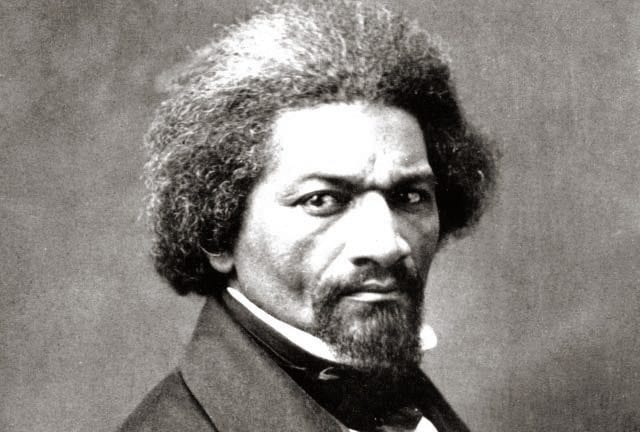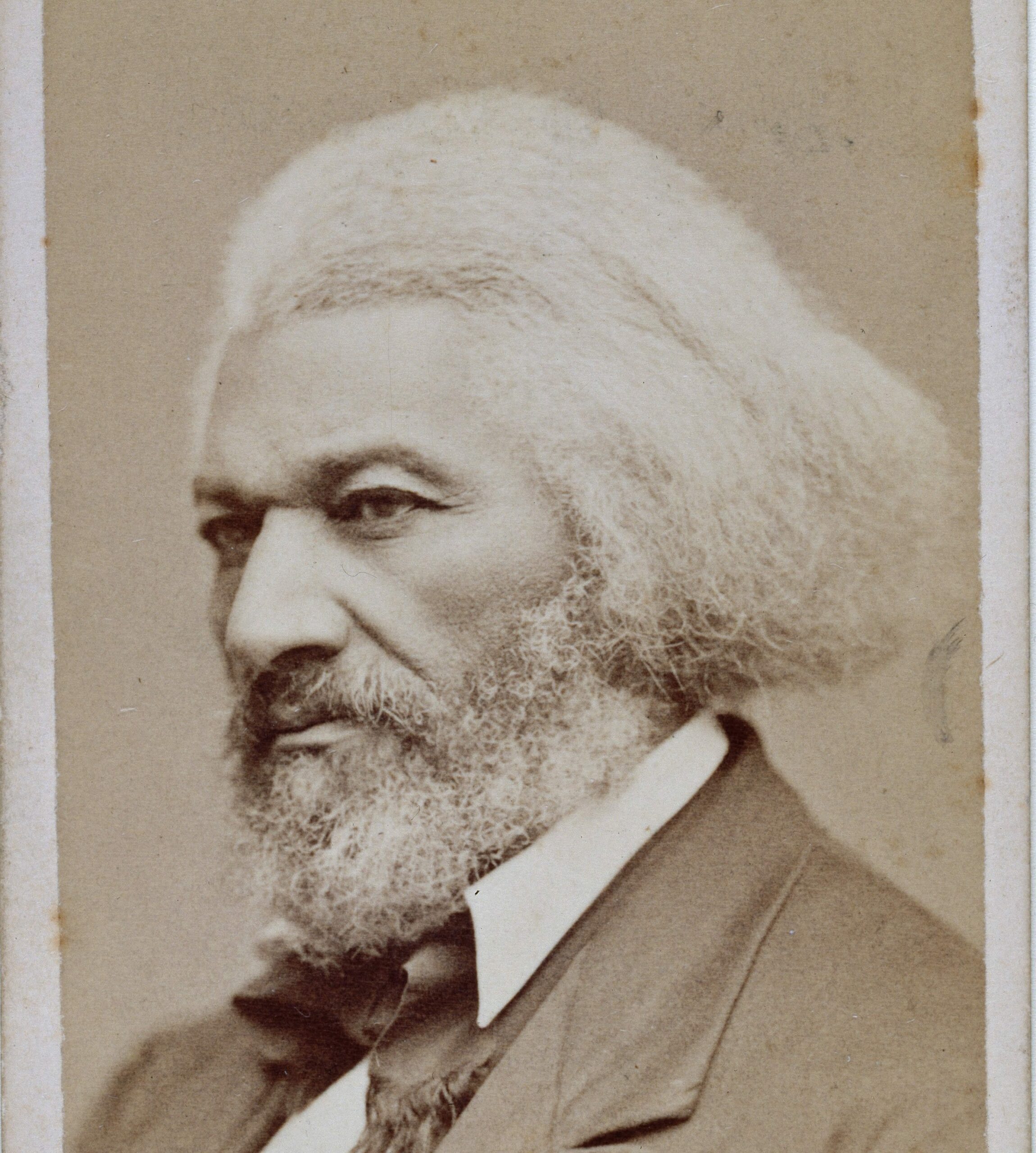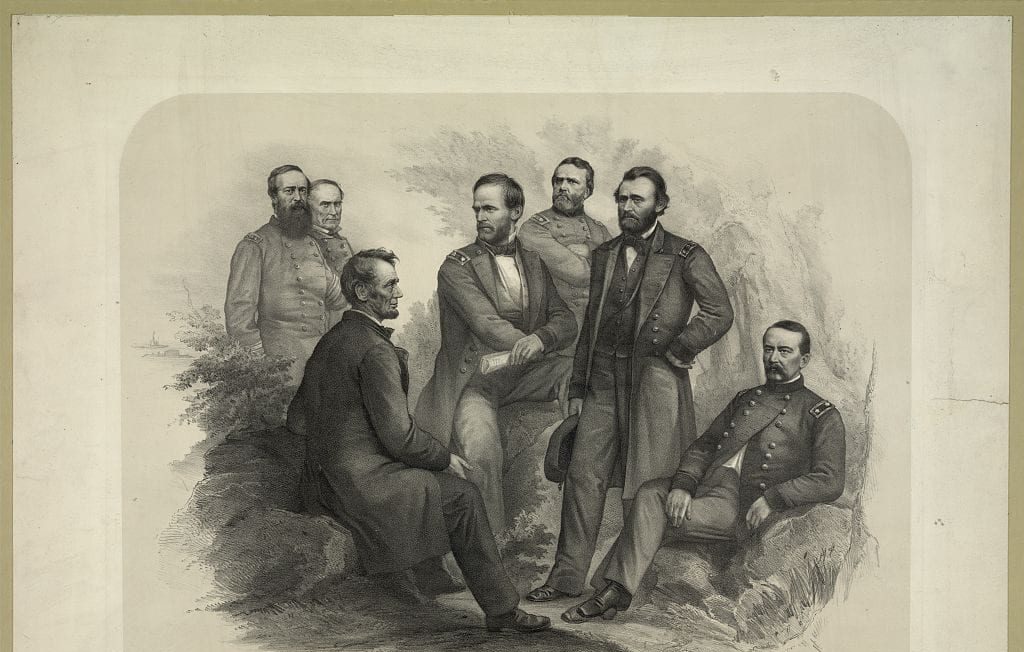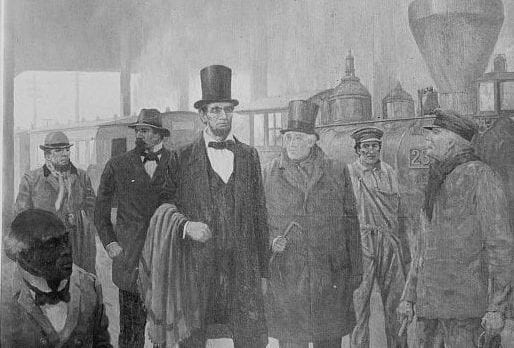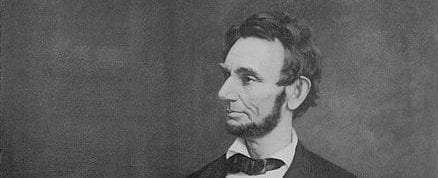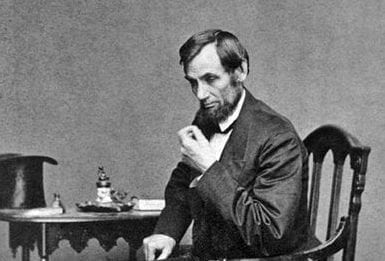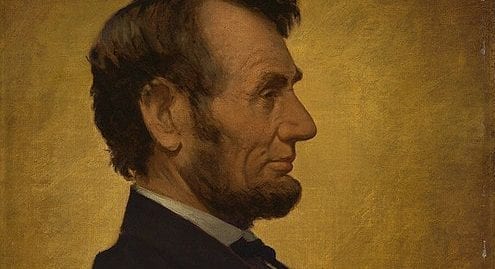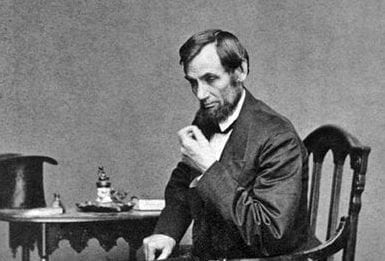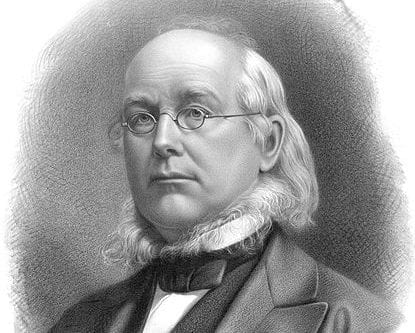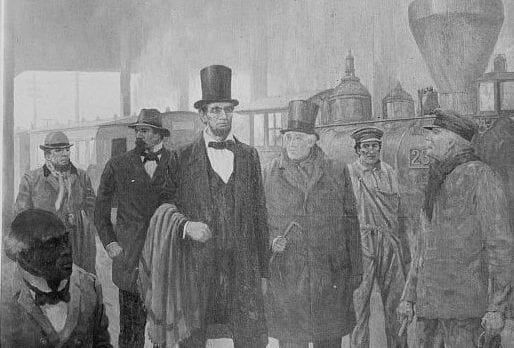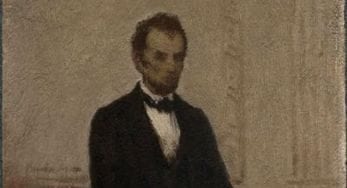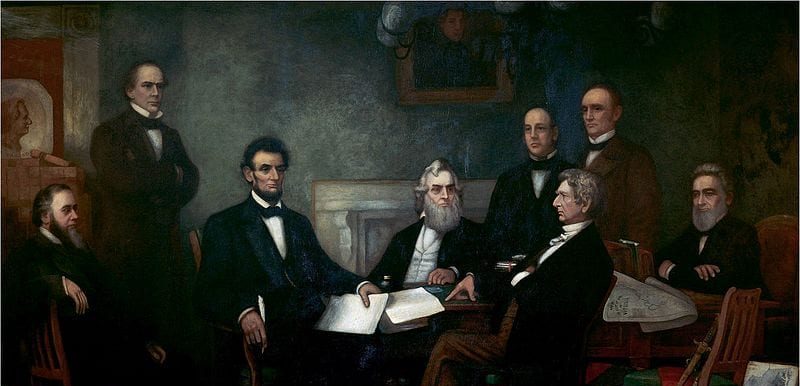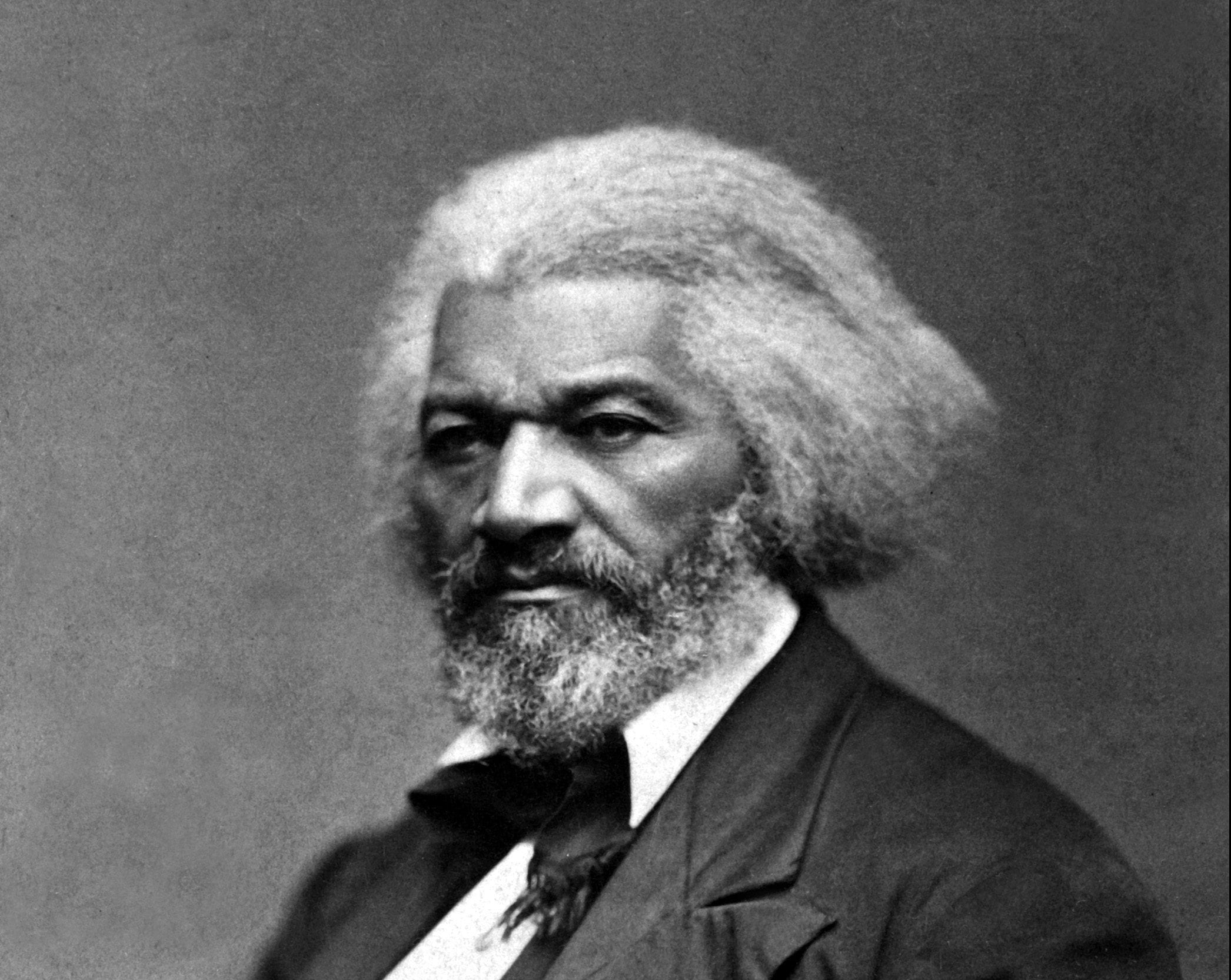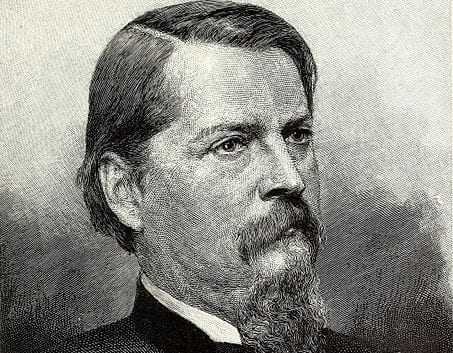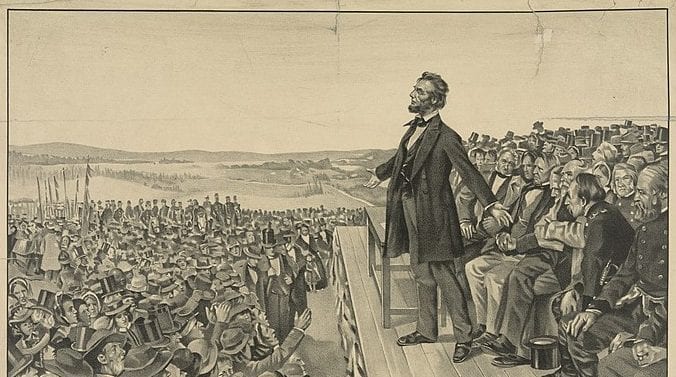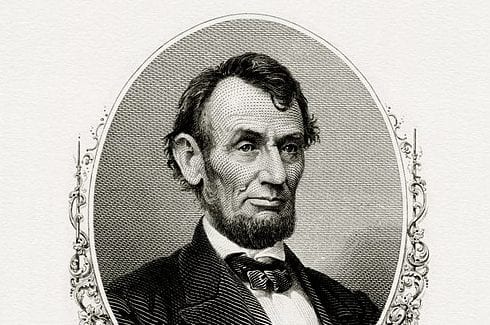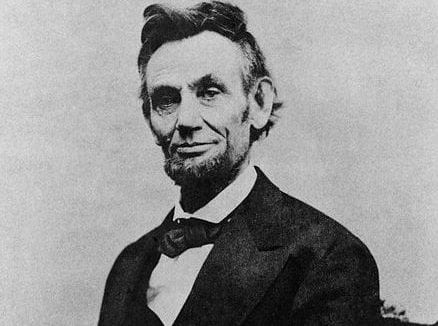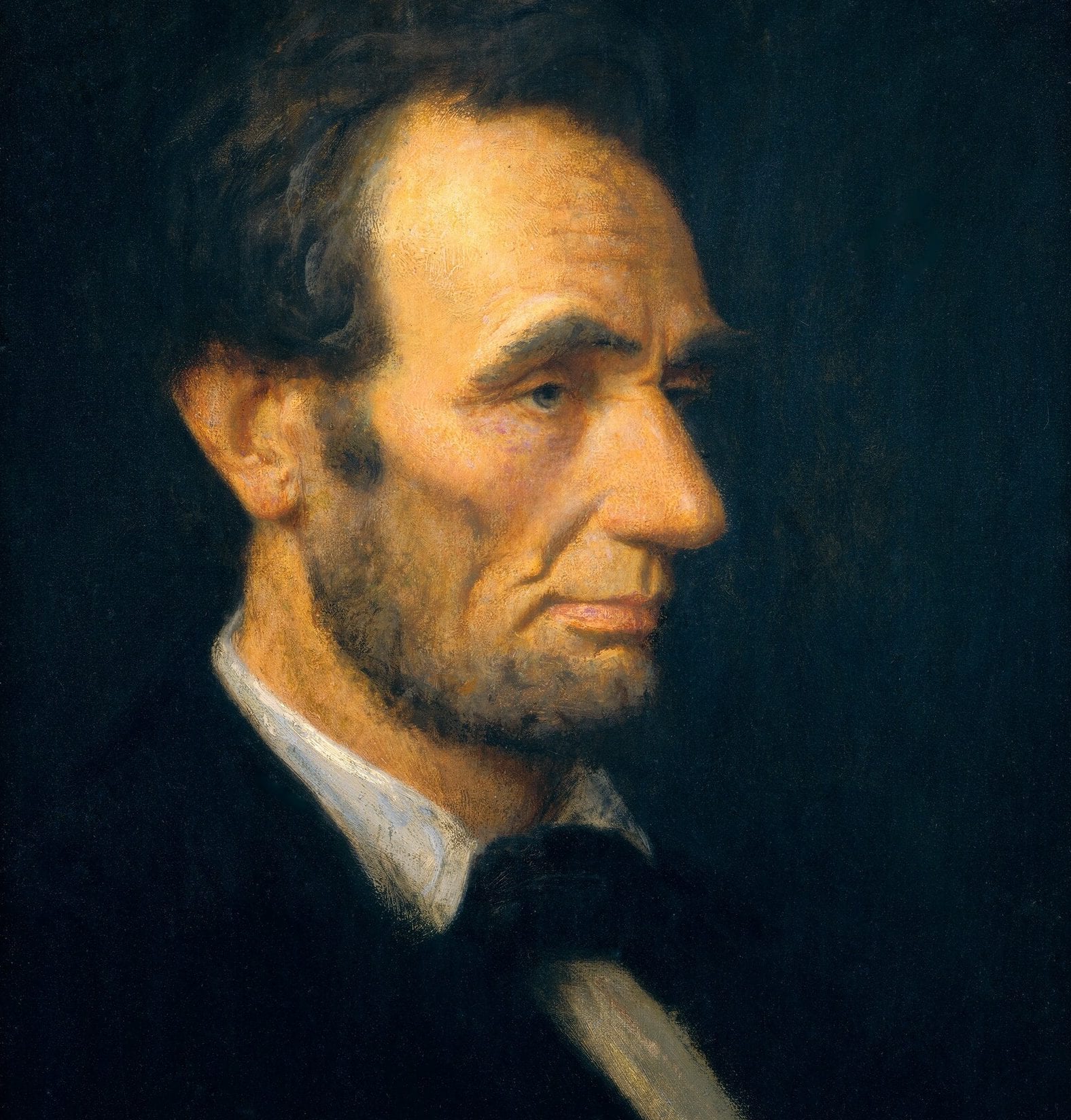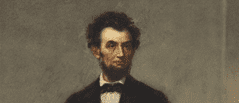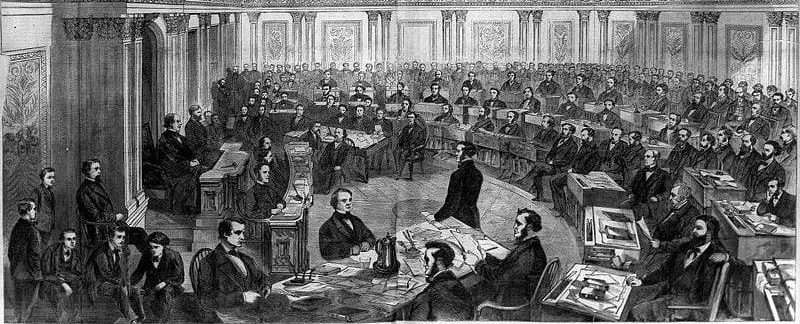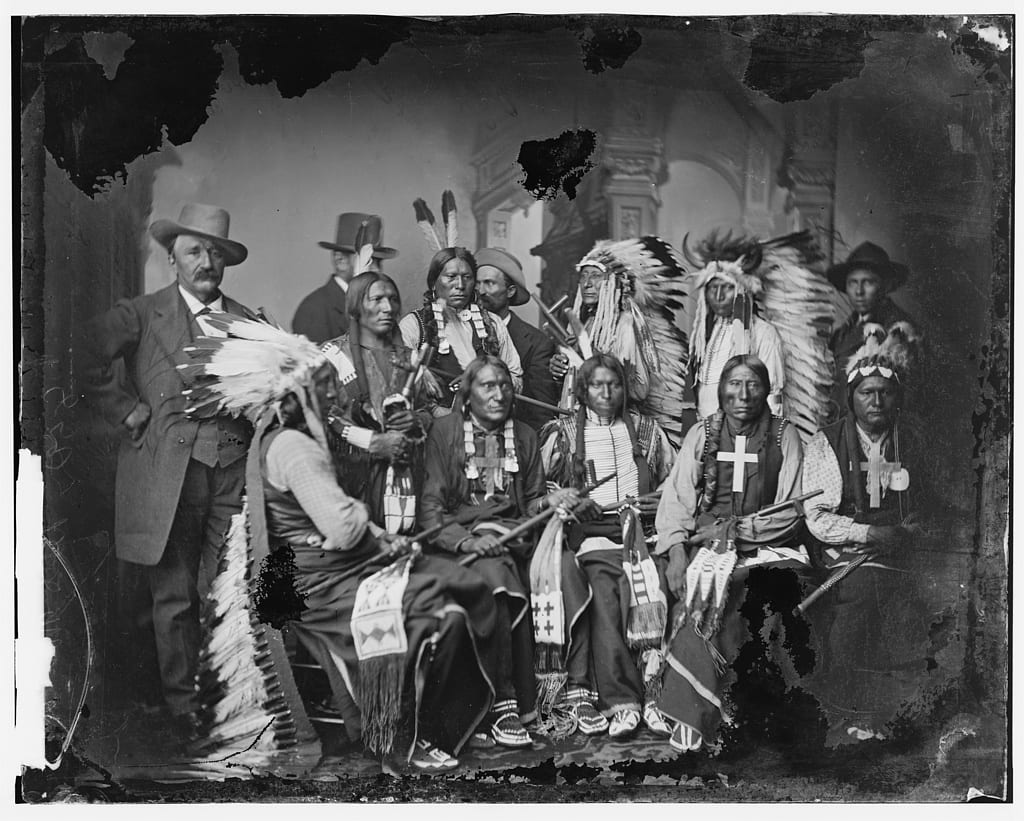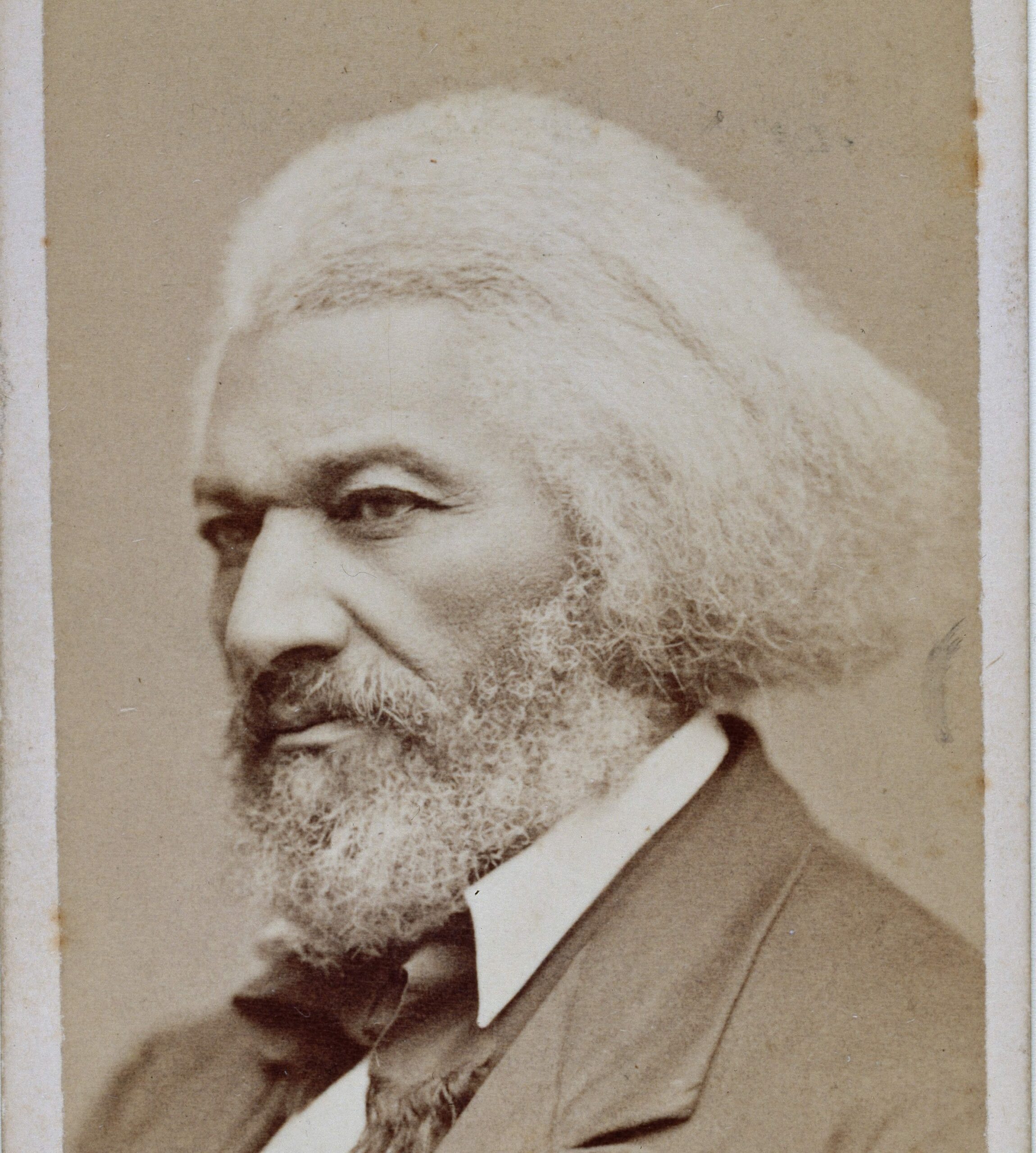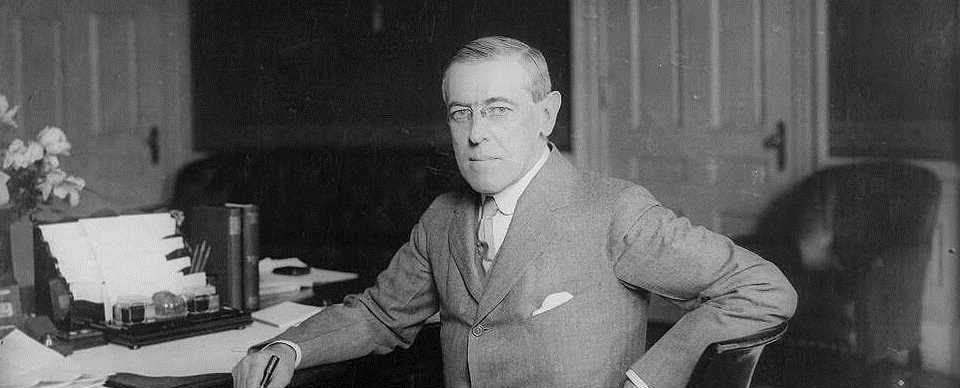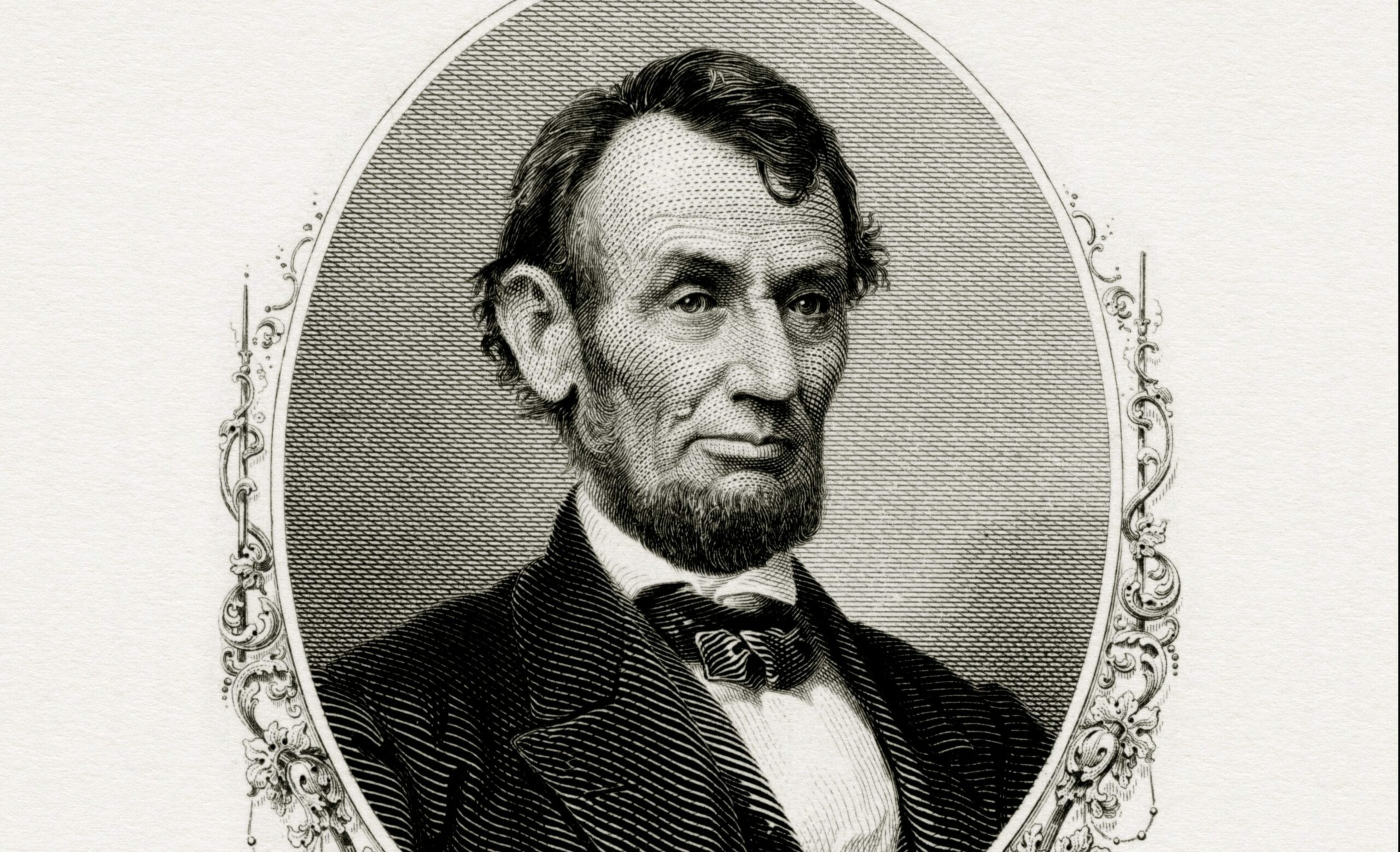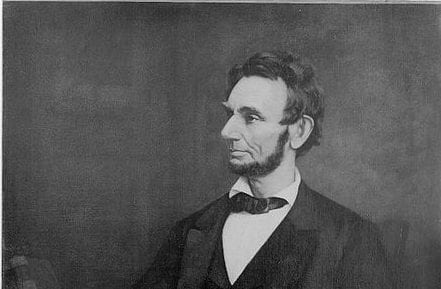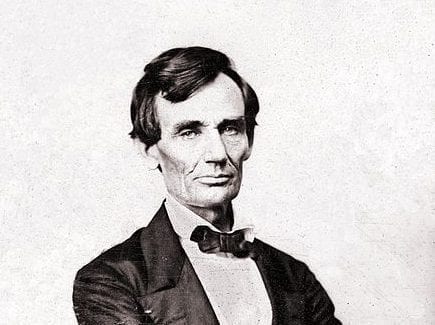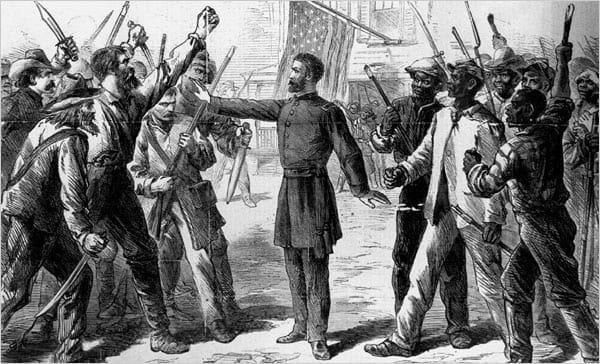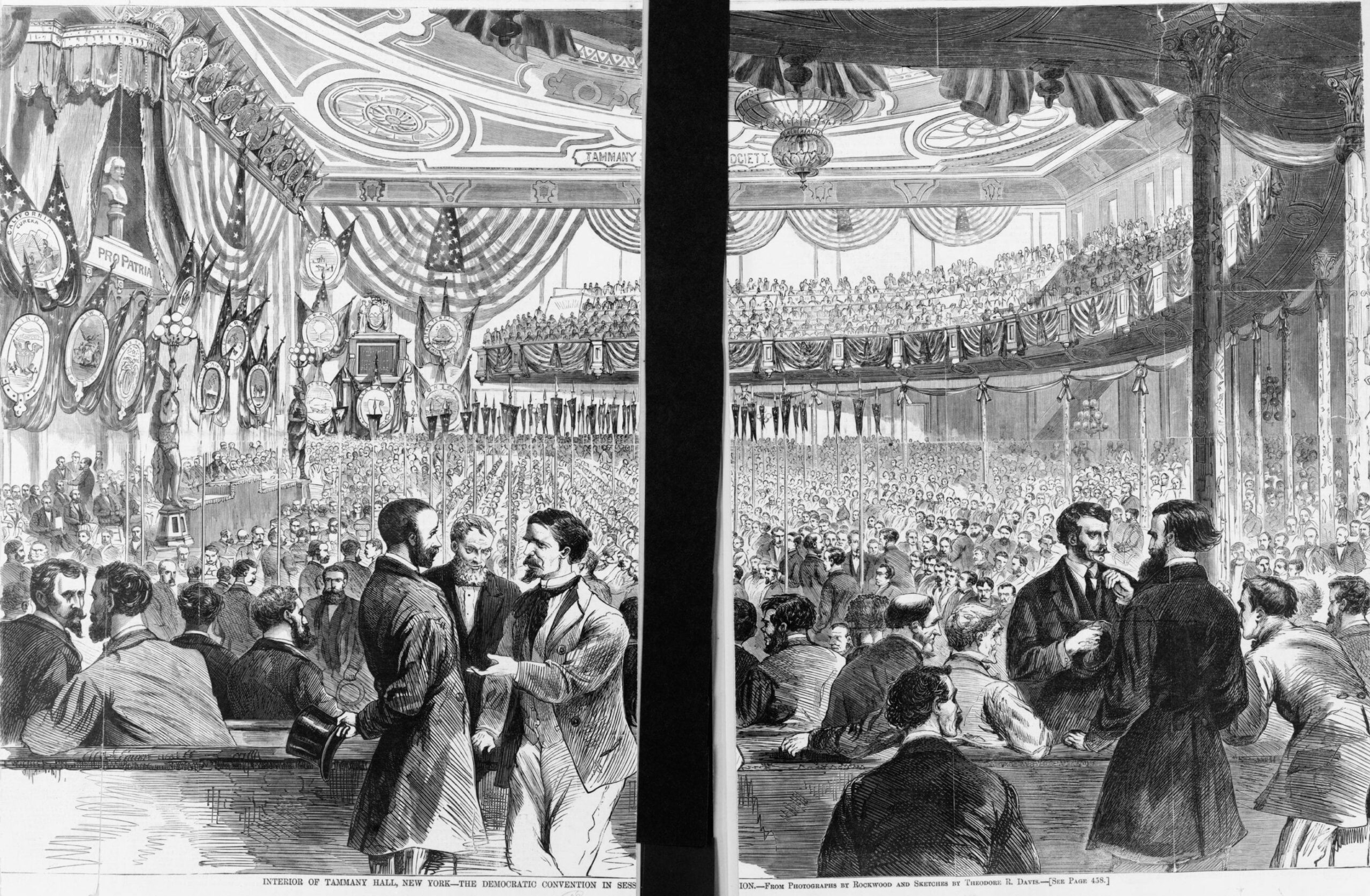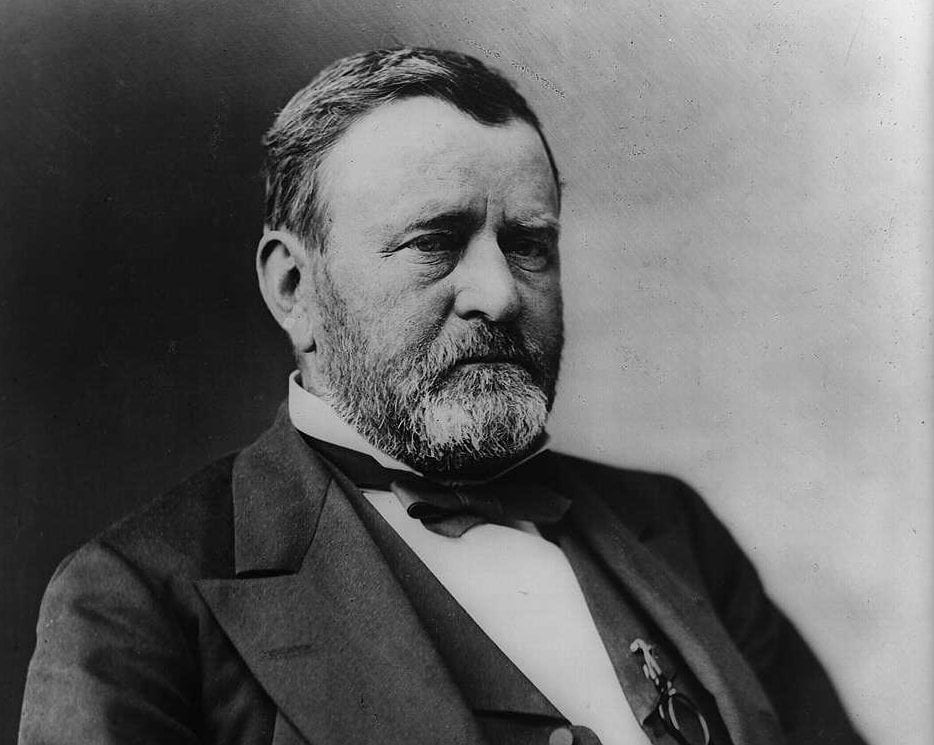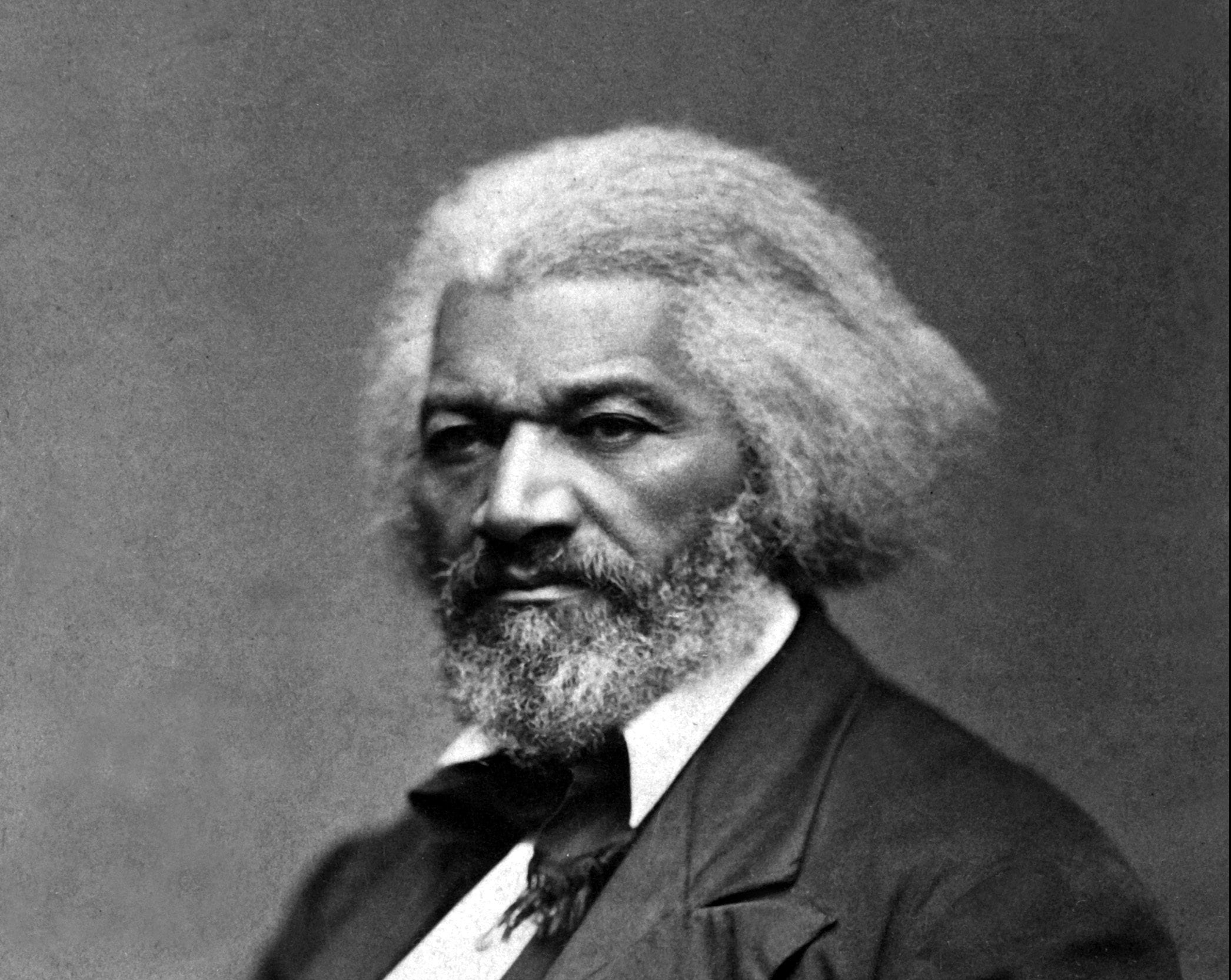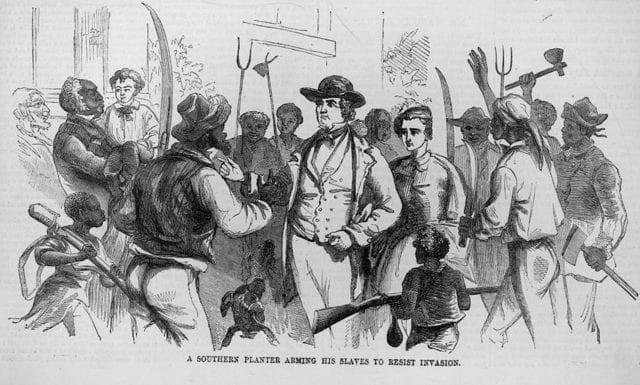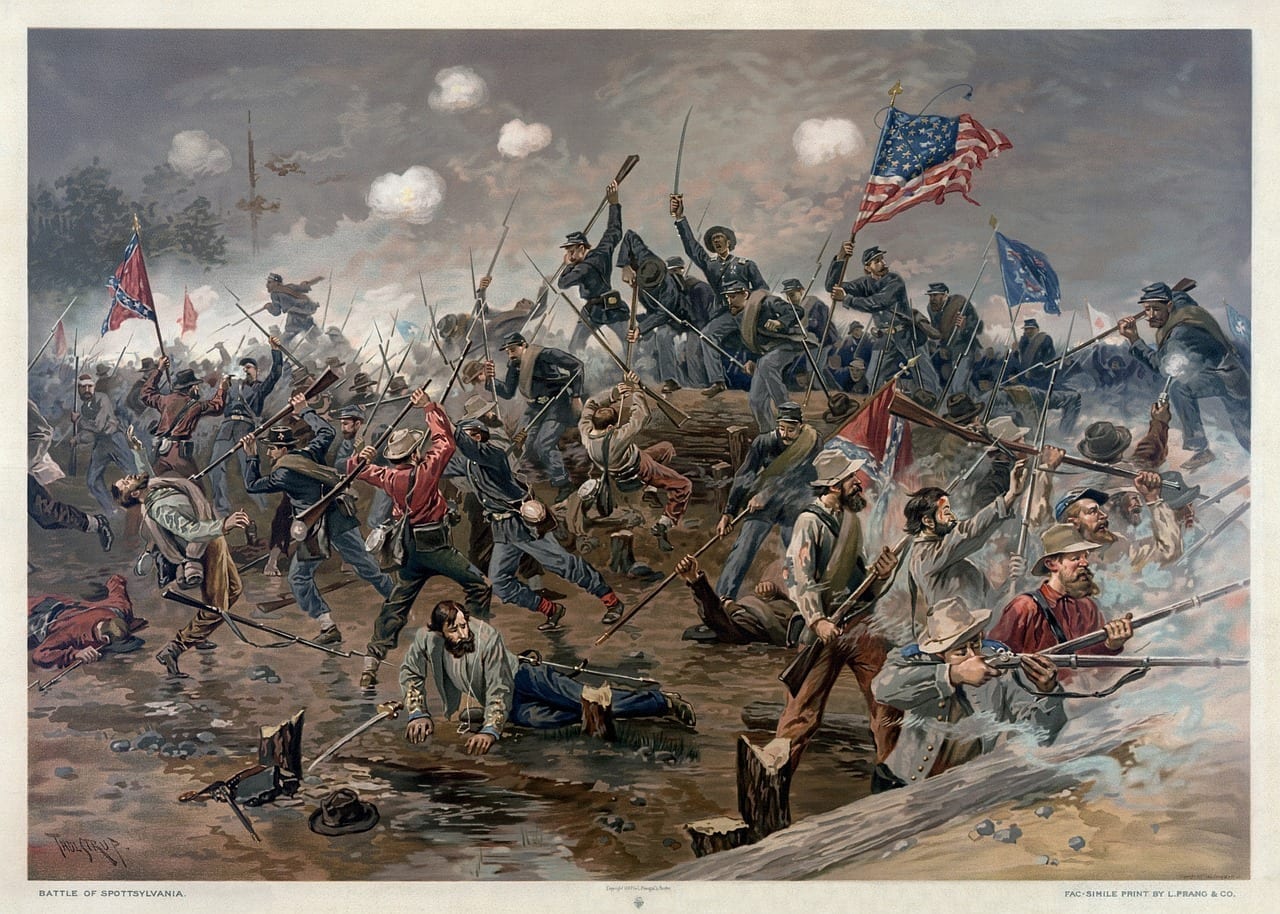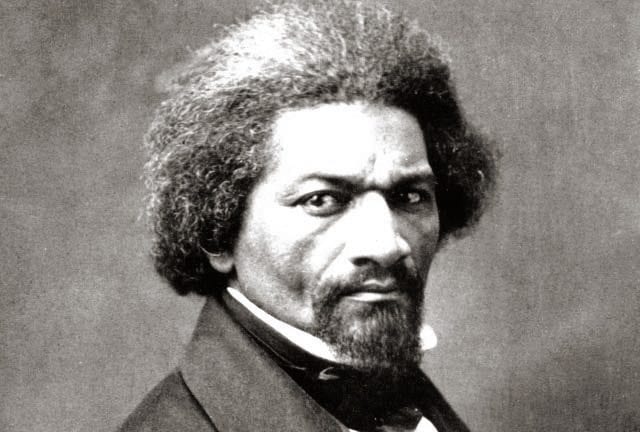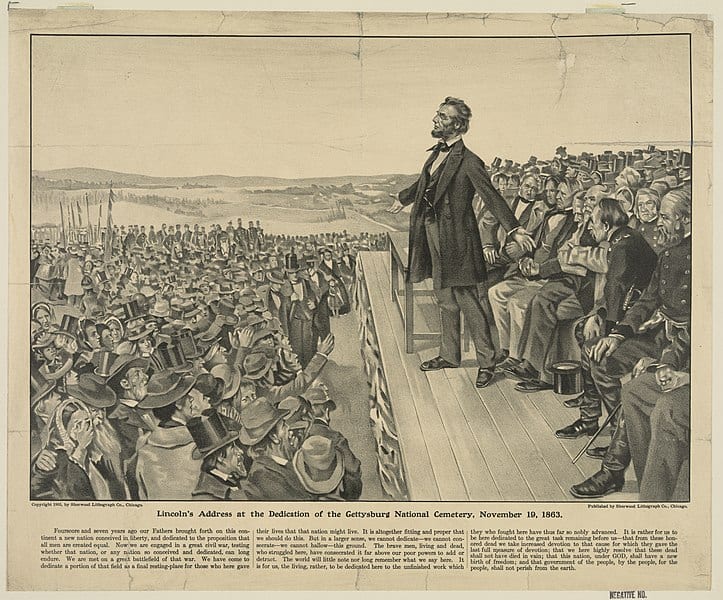

No related resources
Introduction
President Abraham Lincoln’s top foreign policy objective was to prevent the European powers from recognizing the Confederate States government as legitimate. The administration was particularly focused on Great Britain, which possessed the world’s largest navy and, if it were so inclined, could have prevented the Union blockade of the South from succeeding, among other things.
Secretary of State William Seward enlisted Representative Charles Francis Adams, the son of John Quincy Adams and the grandson of John Adams, to serve as the American ambassador to Great Britain. Adams was stepping into the same role that both his father and grandfather had played but arguably facing higher stakes than either of his illustrious predecessors.
Following the attack on Fort Sumter on April 12, 1861, Confederate president Jefferson Davis dispatched envoys to London to persuade Queen Victoria’s government to formally recognize the Confederacy. Davis also issued letters of marque and reprisal authorizing Southern ships to prey on Union shipping. This action put Great Britain in an awkward spot, forcing it to compromise by recognizing Lincoln’s recently issued blockade order but also recognizing the Confederate States of America as a belligerent power. Since letters of marque and reprisal can only be issued by legitimate governments, Great Britain’s acceptance of the status of the Confederacy as a “belligerent” was in a sense de facto recognition of the CSA. Had the European powers rejected these letters, any Confederate action against Union shipping could be viewed by them as an act of piracy. But the British stopped short, for the time being, of recognizing the Confederacy as a nation and formally exchanging ambassadors.
British foreign secretary John Russell had inflamed tensions with Lincoln’s government by holding two “unofficial” meetings with Confederate emissaries around the time of Charles Francis Adams’ arrival in London. Lincoln and Secretary Seward were angry that Britain appeared to be moving toward full recognition of the CSA. Seward’s anger permeated the first draft of his instructions to Adams—so much so that Lincoln urged his secretary of state to remove the harsh language. Lincoln’s suggestions were typical of his insightful lawyerly mind and his remarkably magnanimous approach to public affairs. He insisted that Adams was to use Seward’s instructions as a guideline only and to keep all options open for the time being. Portions of those instructions are reprinted below.
Charles Francis Adams served in London for the duration of the Civil War and well into Andrew Johnson’s presidency. He faced an endless array of challenges, including the Union navy’s seizure of the Trent, a British ship that was transporting Confederate envoys to Great Britain. The Trent Affair almost led to war between the United States and Britain, but Adam’s patient, quiet diplomacy kept Great Britain neutral. One of Adams’ successors at the American embassy in London later noted that “none of our Generals, nor Grant himself, did us better or more by trying service than he [Charles Francis Adams] in his forlorn outpost in London.”
William Seward to Charles Francis Adams, May 21, 1861; Charles Francis Adams to William Seward, May 21, 1861, Abraham Lincoln papers, Series 1: General Correspondence, Library of Congress, https://www.loc.gov/resource/mal.1000900/?st=text&r=-0.152,0.132,1.156,1.214,0.
Mr. Seward to Mr. Adams
Department of State
Washington, May 21, 1861
Sir: This government considers that our relations in Europe have reached a crisis, in which it is necessary for it to take a decided stand, on which not only its immediate measures, but its ultimate and permanent policy can be determined and defined. At the same time it neither means to menace Great Britain nor to wound the susceptibilities of that or any other European nation. That policy is developed in this paper.
The paper itself is not to be read or shown to the British secretary of state, nor are any of its positions to be prematurely, unnecessarily, or indiscreetly made known. But its spirit will be your guide. You will keep back nothing when the time arrives for its being said with dignity, propriety, and effect, and you will all the while be careful to say nothing that will be incongruous or inconsistent with the views which it contains. . . .
Intercourse of any kind with the so-called [Confederate] commissioners is liable to be construed as a recognition of the authority which appointed them. Such intercourse would be none the less hurtful to us for being called unofficial, and it might be even more injurious, because we should have no means of knowing what points might be resolved by it. Moreover, unofficial intercourse is useless and meaningless if it is not expected to ripen into official intercourse and direct recognition. It is left doubtful here whether the proposed unofficial intercourse has yet actually begun. Your own antecedent instructions are deemed explicit enough, and it is hoped that you have not misunderstood them. You will, in any event, desist from all intercourse whatever, unofficial as well as official, with the British government, so long as it shall continue intercourse of either kind with the domestic enemies of this country. When intercourse shall have been arrested for this cause, you will communicate with this department and receive further directions.
Lord John Russell has informed us of an understanding between the British and French governments that they will act together in regard to our affairs. This communication, however, loses something of its value from the circumstance that the communication was withheld until after knowledge of the fact had been acquired by us from other sources. We know also another fact that has not yet been officially communicated to us, namely: that other European states are apprized by France and England of their agreement, and are expected to concur with or follow them in whatever measures they adopt on the subject of recognition. The United States have been impartial and just in all their conduct toward the several nations of Europe. They will not complain, however, of the combination now announced by the two leading powers, although they think they had a right to expect a more independent, if not a more friendly course, from each of them. You will take no notice of that or any other alliance. Whenever the European governments shall see fit to communicate directly with us, we shall be, as heretofore, frank and explicit in our reply.
As to the blockade, you will say that by our own laws and the laws of nature, and the laws of nations, this government has a clear right to suppress insurrection. An exclusion of commerce from national ports which have been seized by insurgents, in the equitable form of blockade, is a proper means to that end. You will not insist that our blockade is to be respected, if it be not maintained by a competent force; but passing by that question as not now a practical or at least an urgent one, you will add that the blockade is now, and it will continue to be, so maintained, and therefore we expect it to be respected by Great Britain. You will add that we have already revoked the exequatur1 of a Russian consul who had enlisted in the military service of the insurgents, and we shall dismiss or demand the recall of every foreign agent, consular or diplomatic, who shall either disobey the federal laws or disown the federal authority.
As to the recognition of the so-called Southern Confederacy, it is not to be made a subject of technical definition. It is, of course, direct recognition to publish an acknowledgment of the sovereignty and independence of a new power. It is direct recognition to receive its ambassadors, ministers, agents, or commissioners, officially. A concession of belligerent rights is liable to be construed as a recognition of them. No one of these proceedings will pass unquestioned by the United States in this case.
Hitherto, recognition has been moved only on the assumption that the so-called Confederate States are de facto a self-sustaining power. Now, after long forbearance designed to soothe discontent and avert the need of civil war, the land and naval forces of the United States have been put in motion to repress insurrection. The true character of the pretended new state is at once revealed. It is seen to be a power existing in pronunciamento2 only. It has never won a field. It has obtained no forts that were not virtually betrayed into its hands or seized in breach of trust. It commands not a single port on the coast nor any highway out from its pretended capital by land. Under these circumstances, Great Britain is called upon to intervene and give it body and independence by resisting our measures of suppression. British recognition would be British intervention, to create within our territory a hostile state by overthrowing this republic itself. . . .
As to the treatment of privateers3 in the insurgent service, you will say that this is a question exclusively our own. We treat them as pirates. They are our own citizens, or persons employed by our citizens, preying on the commerce of our country. If Great Britain shall choose to recognize them as lawful belligerents, and give them shelter from our pursuit and punishment, the laws of nations afford an adequate and proper remedy.
Happily, however, Her Britannic Majesty’s government can avoid all these difficulties. It invited us in 1856 to accede to the declaration of the Congress of Paris,4 of which body Great Britain was herself a member, abolishing privateering everywhere in all cases and forever. You already have our authority to propose to her our accession to that declaration. If she refuse it, it can only be because she is willing to become the patron of privateering when aimed at our devastation. These positions are not elaborately defended now, because to vindicate them would imply a possibility of our waiving them.
We are not insensible of the grave importance of this occasion. We see how, upon the result of the debate in which we are engaged, a war may ensue between the United States and one, two, or even more European nations. War in any case is as exceptional from the habits as it is revolting from the sentiments of the American people. But if it come it will be fully seen that it results from the action of Great Britain, not our own; that Great Britain will have decided to fraternize with our domestic enemy either without waiting to hear from you our remonstrances and our warnings, or after having heard them. War in defense of national life is not immoral, and war in defense of independence is an inevitable part of the discipline of nations.
The dispute will be between the European and the American branches of the British race. All who belong to that race will especially deprecate it, as they ought. It may well be believed that men of every race and kindred will deplore it. A war not unlike it between the same parties occurred at the close of the last century. Europe atoned by forty years of suffering for the error that Great Britain committed in provoking that contest. If that nation shall now repeat the same great error, the social convulsions which will follow may not be so long, but they will be more general. When they shall have ceased, it will, we think, be seen, whatever may have been the fortunes of other nations, that it is not the United States that will have come out of them with its precious Constitution altered, or its honestly obtained dominions in any degree abridged. Great Britain has but to wait a few months, and all her present inconveniences will cease with all our own troubles. If she take a different course she will calculate for herself the ultimate, as well as the immediate consequences, and will consider what position she will hold when she shall have forever lost the sympathies and affections of the only nation on whose sympathies and affections she has a natural claim. In making that calculation she will do well to remember that in the controversy she proposes to open we shall be actuated by neither pride, nor passion, nor cupidity, nor ambition; but we shall stand simply on the principle of self-preservation, and that our cause will involve the independence of nations and the rights of human nature.
I am, sir, respectfully, your obedient servant
WILLIAM H. SEWARD
Charles Francis Adams, Esq.
Mr. Adams to Mr. Seward
Legation of the United States
London, May 21, 1861
Sir: At the close of my last dispatch I stated my purpose to ask an early interview with Lord John Russell. . . .
. . .I found his lordship ready to receive me, so that I proceeded at once to business. After expressing the general feeling which I believed prevailing in the United States of good will toward Great Britain, and the confident expectations I had entertained, down to the period of my arrival, that these sentiments were fully reciprocated to my government on the part of the government here. I signified my sense of disappointment in not finding this quite so unequivocally manifested as I had hoped. There were now fewer topics of direct difference between the two countries than had probably existed at any preceding time, and even these had been withdrawn from discussion at this place to be treated on the other side of the water. I therefore came out here with little to do beyond the duty of preserving the relations actually existing from the risk of being unfavorably affected by the unfortunate domestic disturbances prevailing in my own country. It was not without pain that I was compelled to admit that from the day of my arrival I had felt in the proceedings of both houses of Parliament, in the language of Her Majesty’s ministers, and in the tone of opinion prevailing in private circles, more of uncertainty about this than I had before thought possible. . . .
. . . Should the insurgent states ultimately succeed in establishing themselves in an independent position, of the probability of which he desired to express no opinion, he presumed, from the general course of the United States heretofore, that they did not mean to require of other countries to pledge themselves to go further than they had been in the habit of going themselves. He therefore . . .simply meant to say that they were not disposed in any way to interfere.
To this I replied by begging leave to remark that, so far as my government was concerned, any desire to interfere had never been imputed to Great Britain; but in her peculiar position it was deserving of grave consideration whether great caution was not to be used in adopting any course that might, even in the most indirect way, have an effect to encourage the hopes of the disaffected in America. It had now come to this, that without support from here, the people of the United States considered the termination of this difficulty as almost entirely a question of time. Any course adopted here that would materially change that calculation would inevitably raise the most unpleasant feelings among them. For independently of the absolute influence of Great Britain, admitted to be great, the effect of any supposed inclination on her part could not fail to be extensive among the other nations of Europe. It was my belief that the insurgent states could scarcely hope for sympathy on this side of the Atlantic, if deprived of any prospect of it here. Hence anything that looked like a manifestation of it would be regarded among us as inevitably tending to develop an ultimate separation in America; and, whether intended or not, the impression made would scarcely be effaced by time. It was in this view that I must be permitted to express the great regret I had felt on learning the decision to issue the Queen’s proclamation,5 which at once raised the insurgents to the level of a belligerent state, and still more the language used in regard to it by Her Majesty’s ministers in both houses of Parliament before and since. Whatever might be the design, there could be no shadow of doubt that the effect of these events had been to encourage the friends of the disaffected here. The tone of the press and of private opinion indicated it strongly. I then alluded more especially to the brief report of the lord chancellor’s speech on Thursday last, in which he had characterized the rebellious portion of my country as a belligerent state, and the war that was going on justum bellum.6
To this his lordship replied that he thought more stress was laid upon these events than they deserved. The fact was that a necessity seemed to exist to define the course of the government in regard to the participation of the subjects of Great Britain in the impending conflict. To that end the legal questions involved had been referred to those officers most conversant with them, and their advice had been taken in shaping the result. Their conclusion had been that, as a question merely of fact, a war existed. A considerable number of the states, at least seven, occupying a wide extent of country, were in open resistance, whilst one or more of the others were associating themselves in the same struggle, and as yet there were no indications of any other result than a contest of arms more or less severe. In many preceding cases, much less formidable demonstrations had been recognized. Under such circumstances it seemed scarcely possible to avoid speaking of this in the technical sense as justum bellum, that is, a war of two sides, without in any way implying an opinion of its justice, as well as to withhold an endeavor, so far as possible, to bring the management of it within the rules of modern civilized warfare. This was all that was contemplated by the Queen’s proclamation. It was designed to show the purport of existing laws, and to explain to British subjects their liabilities in case they should engage in the war. And however strongly the people of the United States might feel against their enemies, it was hardly to be supposed that in practice they would now vary from their uniformly humane policy heretofore in endeavoring to assuage and mitigate the horrors of war.
To all which I answered that under other circumstances I should be very ready to give my cheerful assent to this view of his lordship’s. But I must be permitted frankly to remark that the action taken seemed, at least to my mind, a little more rapid than was absolutely called for by the occasion. It might be recollected that the new administration had scarcely had sixty days to develop its policy; that the extent to which all departments of the government had been demoralized in the preceding administration was surely understood here, at least in part; that the very organization upon which any future action was to be predicated was to be renovated and purified before a hope could be entertained of energetic and effective labor. The consequence had been that it was but just emerging from its difficulties, and beginning to develop the power of the country to cope with this rebellion, when the British government took the initiative, and decided practically that it is a struggle of two sides. And furthermore, it pronounced the insurgents to be a belligerent state before they had ever shown their capacity to maintain any kind of warfare whatever, except within one of their own harbors, and under every possible advantage.7 It considered them a marine power before they had ever exhibited a single privateer on the ocean. I said that I was not aware that a single armed vessel had yet been issued from any port under the control of these people. Surely this was not the case in the instance which had been relied upon in his speech by his lordship as authority for the present action. There the Greeks, however small as a people, had long been actively and effectually waging war, before the interposition of Great Britain, and, to use the language of the government, as quoted by himself, had “covered the sea with cruisers.” It did seem to me therefore as if a little more time might have been taken to form a more complete estimate of the relative force of the contending parties, and of the probabilities of any long-drawn issue. And I did not doubt that the view taken by me would be that substantially taken both by the government and the people of the United States. They would inevitably infer the existence of an intention more or less marked to extend the struggle. For this reason it was that I made my present application to know whether such a design was or was not entertained. For in the alternative of an affirmative answer it was as well for us to know it, as I was bound to acknowledge in all frankness that in that contingency I had nothing further left to do in Great Britain. I said this with regret, as my own feelings had been and were of the most friendly nature. . . .
. . .I proceeded to observe that I had come to England prepared to present the views of my government on the general question, and that I should have done so in full but for the interposition of this more immediate dispatch. At the present moment I should touch only upon one point in connection with the acknowledgment of the insurgents even as a belligerent state. It seemed necessary to call the attention of his lordship to the fact which must be obvious to him, that as yet they had not laid any foundation for government solid enough to deserve a moment’s confidence. They had undertaken to withdraw certain states from the government by an arbitrary act which they called secession, not known to the Constitution, the validity of which had at no time been acknowledged by the people of the United States, and which was now emphatically denied; but not content with this, they had gone on to substitute another system among themselves, avowedly based upon the recognition of this right of states to withdraw or secede at pleasure. With such a treaty, I would ask, where could be vested the obligation of treaties with foreign powers, of the payment of any debts contracted, or, indeed, of any act performed in good faith by the common authority for the time being established. For my own part, I fully believed that such a system could not deserve to be denominated, in any sense, a government; and therefore I could not but think any act performed here, having a tendency to invest it in the eye of the world with the notion of form and substance, could be attended only with the most complete disappointment to all the parties connected with it.
His lordship here interposed by saying that there was not, in his opinion, any occasion at present for going into this class of arguments, as the government did not contemplate taking any step that way. Should any such time arrive in the future, he should be very ready to listen to every argument that might be presented against it on the part of the United States. At this moment he thought we had better confine ourselves to the matter immediately in hand.
I then remarked that there was another subject upon which I had received a dispatch, though I should not, after so long a conference, venture to do more than open the matter today. This was a proposal to negotiate in regard to the rights of neutrals in time of war. The necessary powers had been transmitted to me, together with a form of a convention, which I would do myself the honor to submit to his consideration if there was any disposition to pursue the matter further. His lordship then briefly reviewed the past action of the two countries since the meeting of the congress at Paris,8 and expressed the willingness of Great Britain to negotiate; but he seemed to desire to leave the subject in the hands of Lord Lyons,9 to whom he intimated that he had already transmitted authority to assent to any modification of the only point in issue which the government of the United States might prefer. On that matter he believed there would be no difficulty whatever. Under these circumstances, I shall not press the subject further at this place until I receive new directions to that effect from the department.
His lordship then observed that there were two points upon which he should be glad himself to be enlightened, although he did not know whether I was prepared to furnish the information. They both related to the president’s proclamation of a blockade. The first question was upon the nature of the blockade. The coast was very extensive, stretching along the Atlantic and the Gulf of Mexico a great way. Was it the design of the United States to institute an effective blockade in its whole extent, or to make only a declaration to that effect as to the whole, and to confine the actual blockade to particular points? Considering the uniform doctrine of the government refusing to recognize the validity of mere paper blockades, he could hardly suppose they designed the latter.
To this I replied that I knew nothing directly of the president’s intentions on this subject; but that inasmuch as the government had always protested against mere paper blockades, I could not suppose that it was now disposed to change its doctrine. On the contrary, I had every reason for affirming that it was the intention to make an effective blockade; and this was more practicable than at first sight might appear from the fact that there were few harbors along the coast, however great its extent, and these were not very easy of access. I thought, therefore, that even though the blockade might not be perfect, it would be sufficiently so to come within the legitimate construction of the term.
His lordship then alluded to the other point, which was, that the proclamation assigned no precise date for the commencement of the blockade, which he believed was necessary; but he presumed that that defect might be remedied at any time. To which I added that I did not doubt any such omission of form would be supplied as soon as it was pointed out.
His lordship then made some remarks upon the adoption of the tariff; to which I replied that, in my belief, that law was mainly passed as a revenue measure, with incidental protection; that it was not in any way aimed in a hostile spirit to foreign nations; and that the people of the United States would always buy from Great Britain as much as they could pay for, and generally a good deal more. This last remark raised a smile; and thus ended his lordship’s series of inquiries. . . .
It may be as well to state that, both in matter and manner, the conference, which has been reported as fully and as accurately as my memory would permit, was conducted in the most friendly spirit.
- 1. A Latin word meaning “let him perform [his duties]”; an exequatur is an official recognition by a state of a foreign representative that allows that representative to perform his or her duties.
- 2. By proclamation only
- 3. A private ship authorized by a government to conduct raids or to capture enemy shipping during wartime.
- 4. Congress of Paris, a meeting of European powers called in 1856 to negotiate a peace agreement with the belligerents involved in the Crimean War. The participants included Russia and the Ottoman Empire and other European powers including Great Britain, France, and Austria.
- 5. Queen Victoria issued a proclamation declaring Great Britain’s neutrality on May 14, 1861
- 6. Literally, “just war.”
- 7. Adams referred to the attack on Fort Sumter, April 12, 1861.
- 8. Congress of Paris, 1856.
- 9. Richard Bickerton Pemell Lyons (1817–1887), a leading British diplomat.

Conversation-based seminars for collegial PD, one-day and multi-day seminars, graduate credit seminars (MA degree), online and in-person.


